Dhaka, July 30 (V7N) — Three leading political parties—the BNP, Jamaat-e-Islami, and the National Citizens’ Party (NCP)—have publicly expressed differing opinions on the draft “July National Charter‑2025,” which seeks to propose a roadmap for election-ready reforms in Bangladesh.
Although the BNP called the draft charter “positive,” Jamaat described it as “incomplete and dangerous,” and the NCP stated they would not sign unless the document has a clear legal basis.
At a national consensus commission dialogue held at the Foreign Service Academy in Dhaka on Tuesday, party representatives discussed key promises in the draft related to grassroots student-led movements and the creation of a reform commission. The charter also outlines seven commitments, including constitutional and legal reforms to be enacted within two years in areas where consensus is achieved.
BNP Perspective:
Salahuddin Ahmed, a standing committee member, said: “We support the commitments outlined in the July draft and agree with its two-year implementation timeline. We are open to minor linguistic edits.”
Jamaat’s Concerns:
Syed Abdullah Mohammad Taher, Jamaat’s deputy emir, called the draft "dangerously incomplete" and warned they would reject the charter if it is finalized without changes.
NCP’s Demand:
NCP's member secretary Akhtar Hossain emphasized that "every fundamental reform must be included, and unless the draft is legally enforceable, we cannot sign it." The party stressed they must discuss internally before deciding whether to endorse the charter.
Key Disagreements Over Charter Elements:
| Issue | Status |
|---|---|
| Caretaker Government Appointment | Details on selecting the chief adviser remain unresolved; the selection subcommittee and judicial involvement are contested. |
| Women’s Representation Quota | Most parties propose rolling quotas totaling 100 seats, but Jamaat and NCP oppose the plan. The amended proposal would increase women’s candidate representation to 20% per party. |
| Appointments of Key Oversight Agencies | BNP opposes embedding roles of CAG, Anti-Corruption Commission, PSC, and judiciary in the constitution. They favor strong legal frameworks instead. |
Dialogue Committee co-chair Professor Ali Riaz indicated that draft consensus language on several issues is nearing completion. A written proposal will be distributed on Wednesday, with hopes of finalizing the charter by July 31 without further changes.
BNP also emphasized that if the selection committee fails to appoint the chief adviser, the issue should be deferred for open parliamentary discussion and public debate. If needed, they propose using a former Chief Justice appointment model akin to the 13th amendment—not the presidential nomination route.
Jamaat, while agreeing with most procedural provisions, urged a national referendum or parliamentary approval for legitimizing the charter’s reforms, warning that bypassing such mechanisms could tilt the country into political uncertainty.
Despite progress on several topics, the divergence of opinions among major parties casts doubt on timely charter adoption—and raises concerns about the government’s ability to deliver political reform ahead of upcoming elections.
END/MRB/SMA/



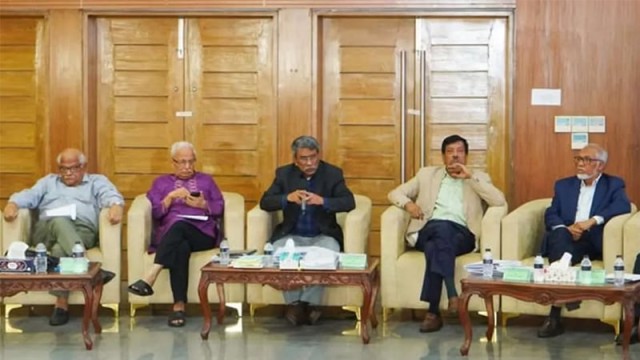
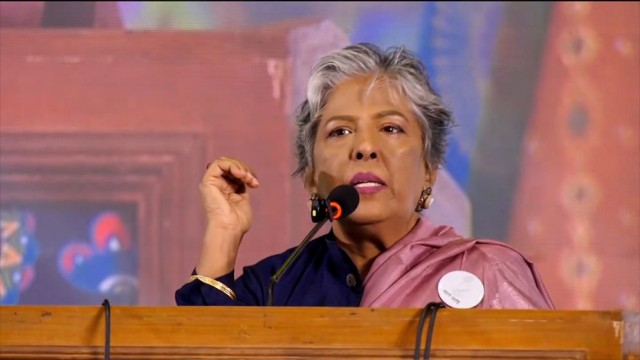
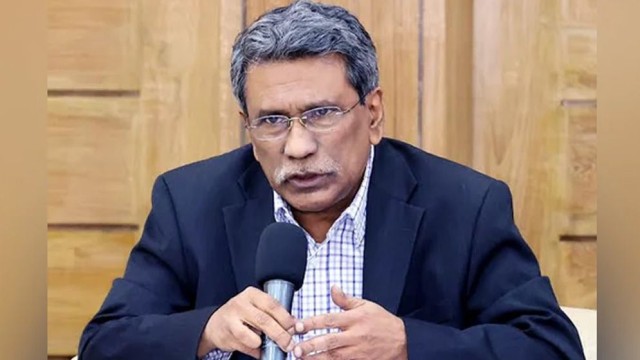

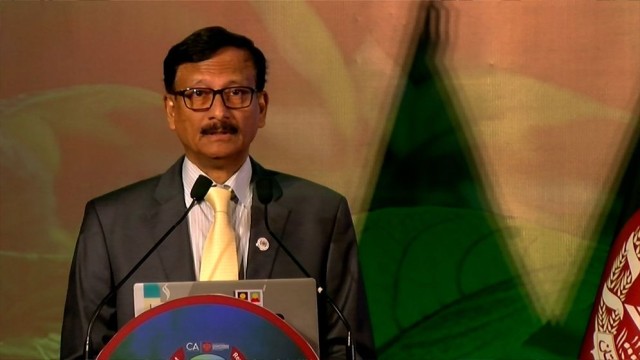

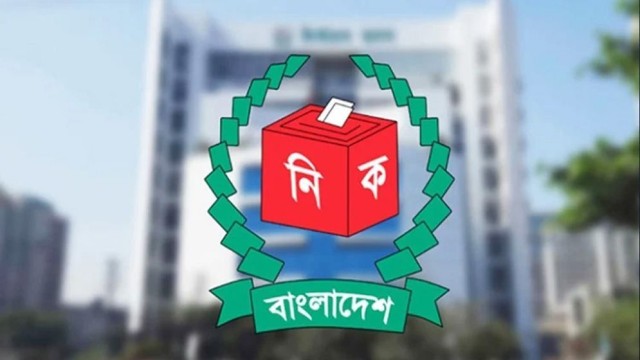
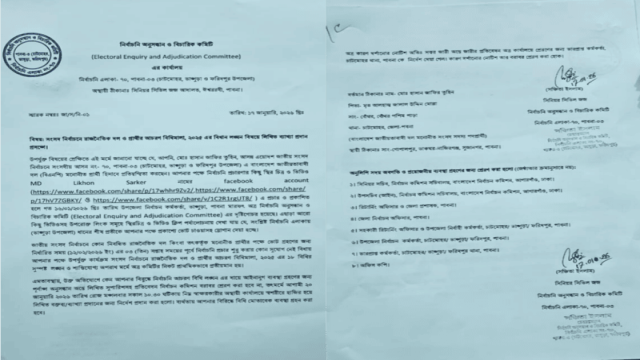

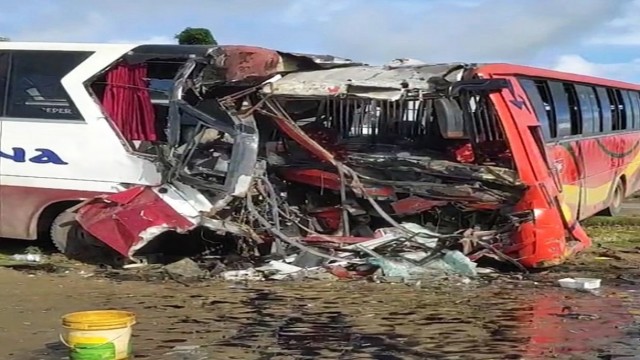
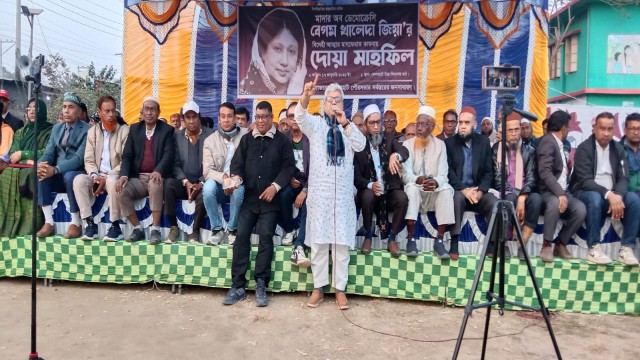
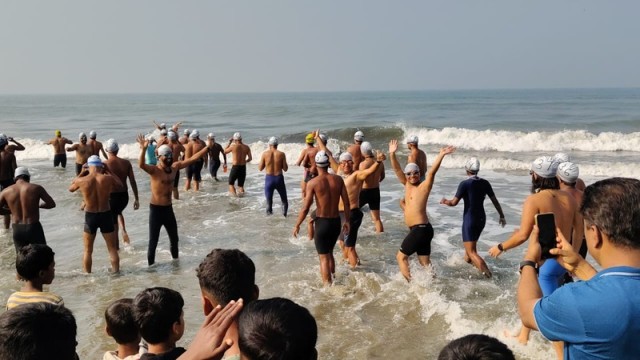
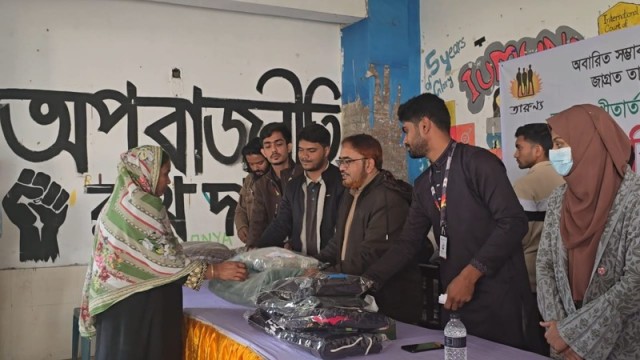
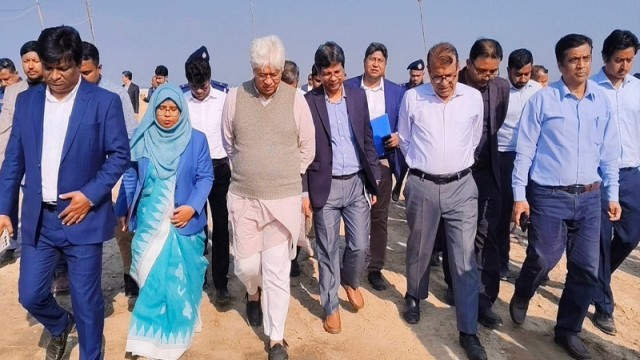
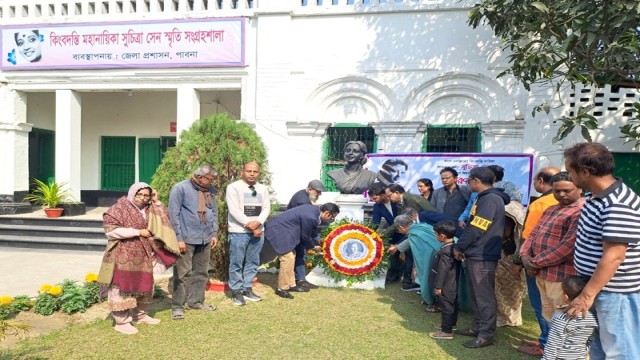
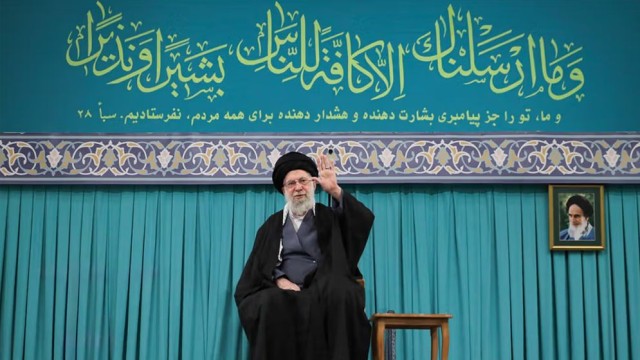
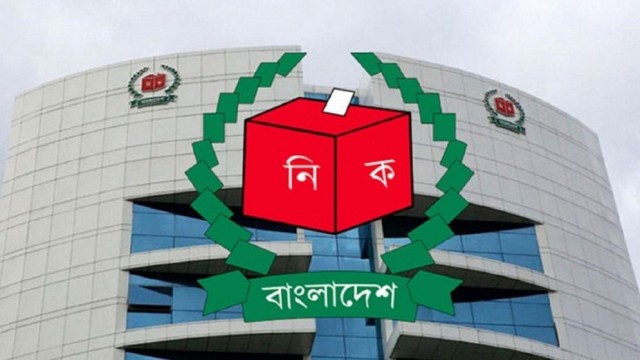


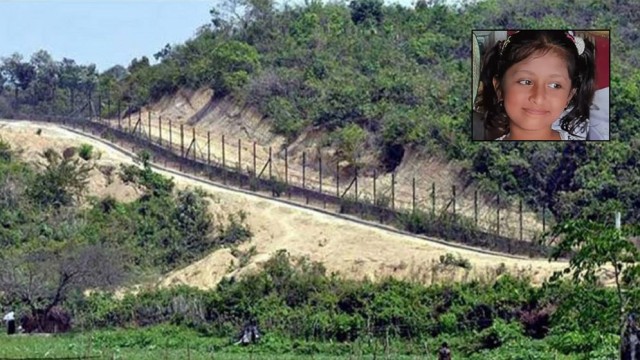
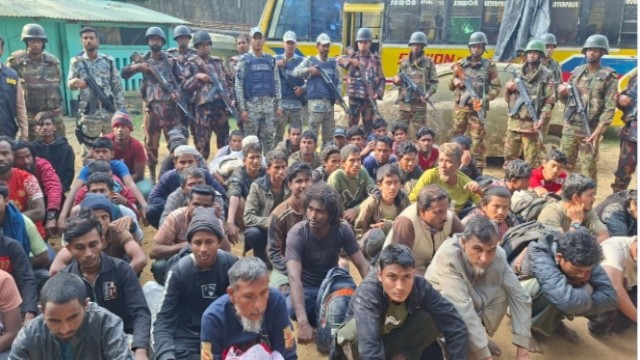
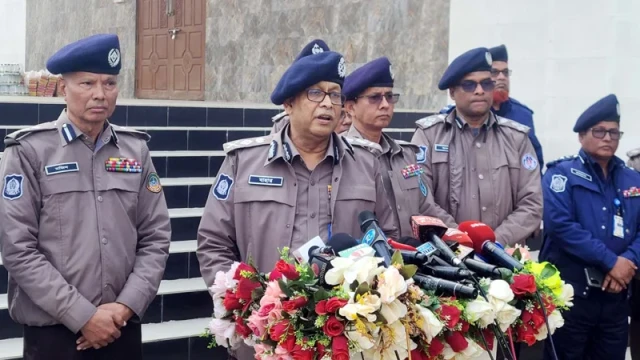
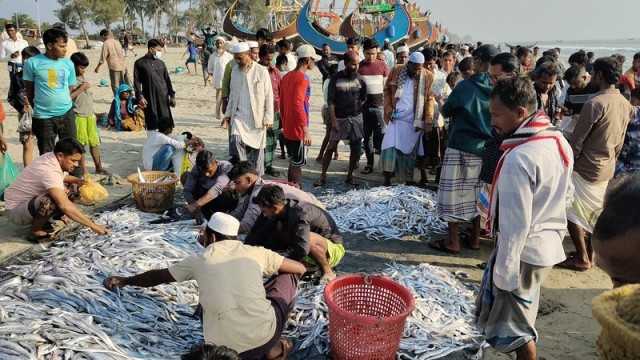
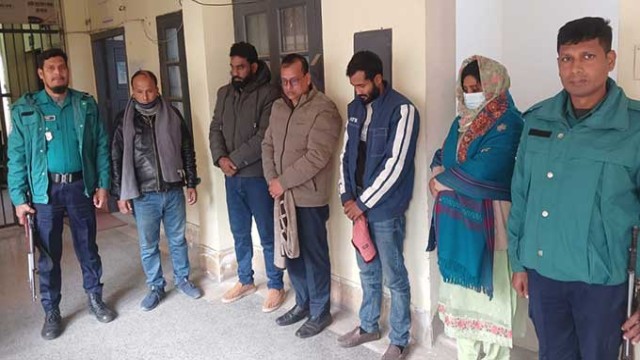
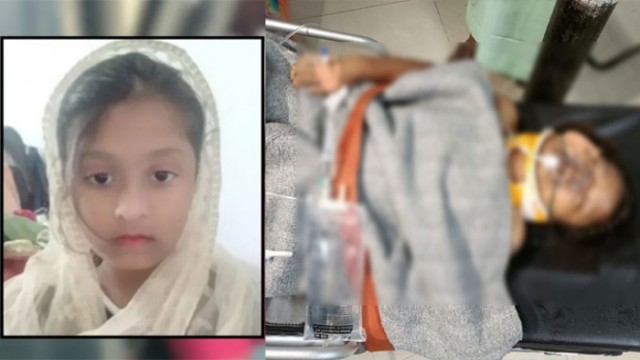
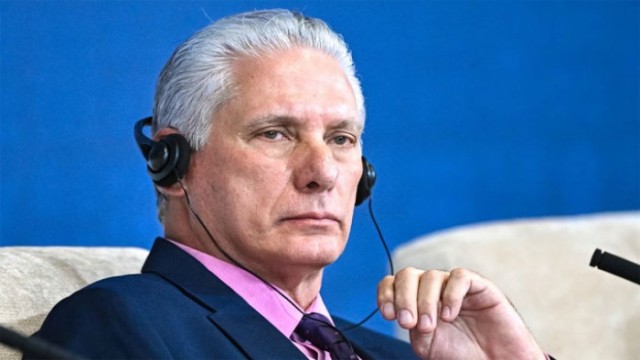


Comment: